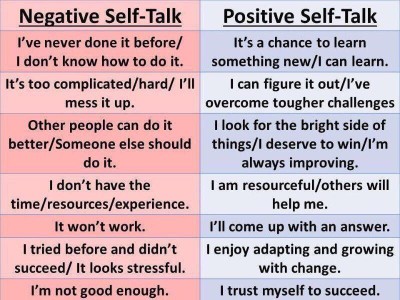By Anne Marie Allen Reflexologist, Reiki Practitioner & Massage Therapist
Cold weather and heating means most of us can feel our skin getting dryer, this can make our skin look dull and feel tight, other signs of your skin becoming dry can include:
– Fine lines
– Cracks appearing
– Rough feeling and looking skin
– Itching
– Tightness
– Dull looking
– Redness
– Peeling or flaking
Luckily we don’t have to put up with it, a few simple changes to our daily routine can make all the difference:
1. Drinking more water, car heaters, house fires and radiators are drying your skin out, drinking more water helps skin to stay plump and beautiful.
2. It’s tempting on a cold day to have a hot shower or bath but try opting for a warm bath instead as hot water drys skin out.
3. Moisturise during the day and at night, a few times a week – treat yourself to a really intensive moisturiser overnight. My bathroom cabinet must haves are Neal’s Yard Wild Rose Beauty Balm and Rosehip oil they smell beautiful and are both super moisturising. I apply one of these just before bed and leave it on all night, in the morning my skin is super soft, it’s well worth investing in.
4. Essential fatty acids found in nuts, fish and flaxseeds are a great way to keep skin hydrated, looking plump and young. Flaxseeds are a great choice to sprinkle in smoothies and on yoghurts – it’s not got much taste so it blends in beautifully with your food without taking the taste away.
5. Exfoliate, excess dead skin cells prevent moisture from sinking in properly. Exfoliating once or twice a week then moisturise immediately after to see softer, smoother skin.
6. Waters not the only way to hydrate your skin – water rich foods such as watermelon, celery, apples, oranges, kiwi, tomatoes, cucumber will help to keep skin hydrated and with the antioxidants contained inside these foods they’ll help to protect your cells from damage too so it’s a win win situation!
7. Regular facials which include exfoliation, steaming and face masks can help to keep your skin hydrated, nourished, clear and younger looking.
I offer holistic facials using Neal’s Yard Products, please feel free to book in for one of these facials, helping your dry skin by giving it the hydration it needs.







 The first step in remedying this is to become aware of it. Once you’ve done that you can then start to challenge anything you are saying to yourself that might be hurtful, judgmental or critical. For some – you may be able to identify where this voice comes from – it could be a parent figure or just something you started to do when you were younger, a coping mechanism for example if you were being picked on or singled out with your friends or at school. Once you have done that, try to challenge it in a way that is gentle but assertive. A counter responsive act to neutralise your initial thought! Below are a few examples you can try…
The first step in remedying this is to become aware of it. Once you’ve done that you can then start to challenge anything you are saying to yourself that might be hurtful, judgmental or critical. For some – you may be able to identify where this voice comes from – it could be a parent figure or just something you started to do when you were younger, a coping mechanism for example if you were being picked on or singled out with your friends or at school. Once you have done that, try to challenge it in a way that is gentle but assertive. A counter responsive act to neutralise your initial thought! Below are a few examples you can try… Lastly, think of yourself in the same way you would a good friend or a loving family member and ask yourself would you speak to them that way? The answer will undoubtedly be no, you wouldn’t. So why talk to yourself that way. You deserve better, you are better, you are now and will always be a work in progress just like everyone else. Give yourself and show yourself a little compassion, a little kindness along with a dollop of patience and love. How we speak to ourselves will have a direct influence on how we work with others, approach opportunities and shape our perspectives on day to day living. Start where you are. Start with you.
Lastly, think of yourself in the same way you would a good friend or a loving family member and ask yourself would you speak to them that way? The answer will undoubtedly be no, you wouldn’t. So why talk to yourself that way. You deserve better, you are better, you are now and will always be a work in progress just like everyone else. Give yourself and show yourself a little compassion, a little kindness along with a dollop of patience and love. How we speak to ourselves will have a direct influence on how we work with others, approach opportunities and shape our perspectives on day to day living. Start where you are. Start with you.